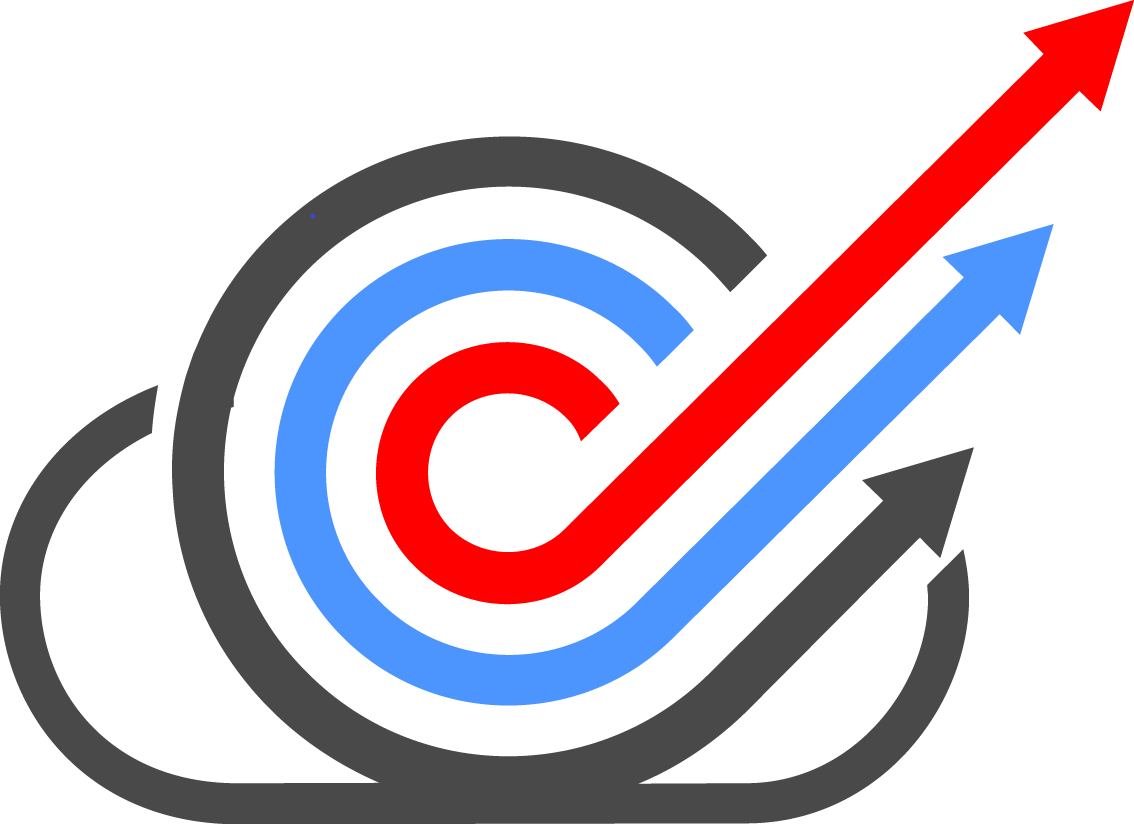FHIR (Fast Healthcare Interoperability Resources)
FHIR, or Fast Healthcare Interoperability Resources, is a standard developed by Health Level Seven International (HL7) for exchanging healthcare information electronically. FHIR aims to simplify and accelerate the process of healthcare data sharing across different systems while ensuring the data remains secure and consistent.
Key aspects of FHIR include:
Modular Resources: FHIR is built around a set of modular components called "resources," which represent different kinds of healthcare data, such as patients, medications, observations, and diagnostic reports. These resources can be combined in various ways to meet different use cases.
Interoperability: FHIR promotes interoperability between healthcare systems by using widely adopted web standards, such as HTTP, REST, JSON, and XML. This allows disparate systems to communicate and exchange data seamlessly.
Ease of Implementation: FHIR is designed to be easy to implement, with a focus on simplicity and ease of use. Its modular structure and use of common web technologies make it accessible to developers and system integrators.
RESTful API: FHIR leverages RESTful API principles, which are widely used in modern web development. This enables developers to create applications that can easily interact with FHIR-based healthcare systems using standard web protocols.
Extensibility: FHIR is highly extensible, allowing organizations to define custom resources or extend existing ones to meet specific requirements. This flexibility ensures that FHIR can adapt to a wide range of healthcare scenarios.
Security and Privacy: FHIR incorporates robust security and privacy measures to protect sensitive healthcare data. It supports authentication and authorization mechanisms, ensuring that only authorized users can access and modify data.
Support for Existing Standards: FHIR is designed to complement and integrate with existing healthcare standards, such as HL7 v2, CDA (Clinical Document Architecture), and DICOM (Digital Imaging and Communications in Medicine). This ensures compatibility with a wide range of legacy systems.
Global Adoption: FHIR is being adopted worldwide by healthcare providers, technology vendors, and regulatory bodies. Its growing adoption is driving the standardization and interoperability of healthcare data on a global scale.
Conclusion
FHIR is a transformative standard for healthcare data exchange, offering a modern, flexible, and efficient approach to interoperability. By adopting FHIR, healthcare organizations can enhance the integration and sharing of patient data, improve care coordination, and support the development of innovative healthcare applications. This ultimately leads to better patient outcomes and a more connected healthcare ecosystem.
FHIR/HL7 Conversion @ Data Innovations
Data Innovations offers FHIR (Fast Healthcare Interoperability Resources) and HL7 (Health Level Seven) conversion services, essential for healthcare data standardization and interoperability. Key features of their FHIR/HL7 conversion services include:
Standards Compliance: Converts healthcare data to comply with FHIR and HL7 standards, ensuring interoperability and consistency across healthcare systems.
Comprehensive Conversion: Supports the conversion of various healthcare data formats, including EHRs (Electronic Health Records), clinical documents, and patient data, into FHIR/HL7 formats.
Custom Solutions: Offers tailored conversion services to meet the specific needs of healthcare providers, organizations, and technology vendors.
Quality Assurance: Ensures high accuracy and quality in the conversion process, maintaining the integrity and structure of the original healthcare data.
Data Integration: Facilitates seamless integration of FHIR/HL7 data with healthcare information systems, EHR platforms, and health information exchanges.
Scalability: Capable of handling projects of various sizes, from single records to large-scale data sets, ensuring scalability for healthcare organizations.
Expert Team: Employs a team of professionals with expertise in healthcare data standards, FHIR/HL7 protocols, and interoperability requirements.
Automation and Efficiency: Utilizes advanced tools and automated workflows to streamline the conversion process, reducing turnaround times and minimizing manual effort.
Data Security: Ensures the security and confidentiality of healthcare data throughout the conversion process, complying with industry regulations and best practices.
Enhanced Interoperability: Promotes interoperability between disparate healthcare systems, improving data exchange, patient care, and clinical outcomes.
These services are crucial for healthcare providers, organizations, and technology vendors looking to standardize their healthcare data, improve interoperability, and enhance the integration and exchange of health information across systems.
 Data Innovations
Data Innovations